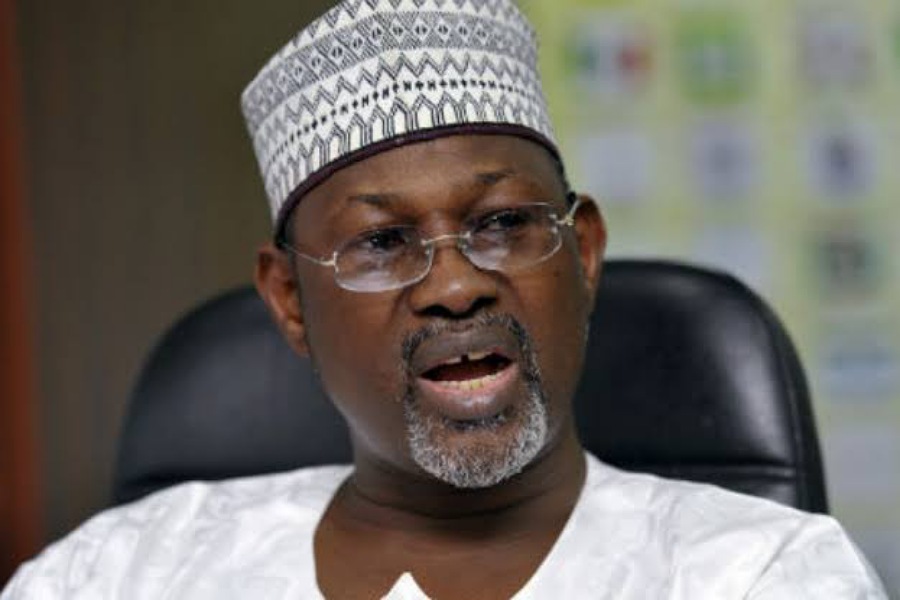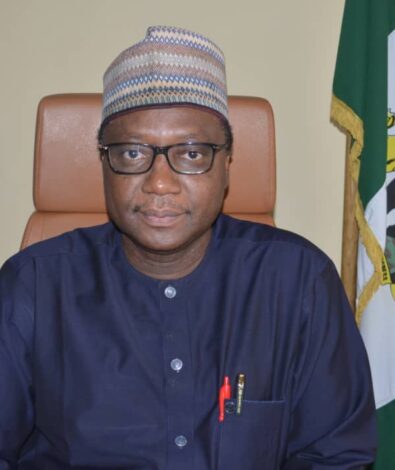We must not follow blindly World Bank, IMF advice – Attahiru Jega tells FG

Former Chairman of the Independent National Electoral Commission (INEC), Professor Attahiru Jega, has cautioned Nigeria against uncritically accepting advice from Bretton Woods institutions, particularly the World Bank and the International Monetary Fund (IMF).
Professor Jega delivered this caution on Wednesday during his lecture at the ongoing 2024 Annual Directors’ Conference, organized by the Chartered Institute of Directors of Nigeria (CIoD).
The conference, themed “Good Governance as a Catalyst for Economic Recovery, Growth, and Development,” highlighted the role of governance in Nigeria’s economic trajectory.
The former university don emphasized that while engaging with information from the IMF and similar entities can be beneficial, the government must exercise discernment to prevent significant challenges.
“That is why it is better to focus on good democratic governance, rather than just good governance as conceptualized and promoted (imposed?) by the Bretton Woods institutions, to rationalize the failure of SAP and its profound negative consequences on socioeconomic development in the countries compelled to introduce and implement it.
“Hence, to re-echo my often re-stated and repeated argument, what Nigeria needs and requires is not merely ‘good governance’ as conceptualized by the World Bank and the IMF, but good democratic governance, anchored on constitutionalism, the rule of law, lawful conduct by elected public officials, representatives of the people and their appointees, circumscribed by professional, moral and ethical conduct, as well as selflessness,” Jega said.
Jega further advocated for reform in Nigeria’s leadership recruitment process, identifying the lack of preparedness among many leaders as a critical issue facing the nation.
More Insights
In his remarks, the President and Chairman of the Council of the Institute, Alhaji Tijjani Borodo, affirmed that the Chartered Institute of Directors of Nigeria leads the charge in promoting corporate governance across the country.
According to Borodo, the Institute’s mission encompasses enhancing the capabilities of directors and business leaders across both the public and private sectors, spanning a wide range of industries.
“One of the Institute’s core missions is to enhance the professional capabilities of directors and business leaders in both the public and private sectors, covering a wide range of industries.
“As the recognised voice of Directors and Corporate Governance, the CIoD empowers our members to make meaningful contributions to their organizations, communities, and the nation as a whole.
“We are committed to building connections among top business leaders and working closely with the government to shape policies that support a favourable business environment, even in challenging times, to drive wealth creation,” the chairman said.
What you should know
- Bretton Woods institutions like the World Bank and the International Monetary Fund (IMF) have recently faced criticism for their perceived influence on Nigeria’s federal government policies.
- For instance, while some believe the IMF played a role in the removal of petrol subsidies, the IMF has publicly denied any involvement.
- Similarly, at a recent conference in Lagos, World Bank Chief Economist, Indermit Gill, remarked that Nigeria must sustain its reforms for at least 15 years to achieve meaningful growth.
- This comment sparked widespread reactions, with many criticizing the World Bank for allegedly overlooking the negative effects these policies could have on ordinary Nigerians.
- In response, the federal government has reiterated that its policies are self-determined and not driven by Bretton Woods institutions.



